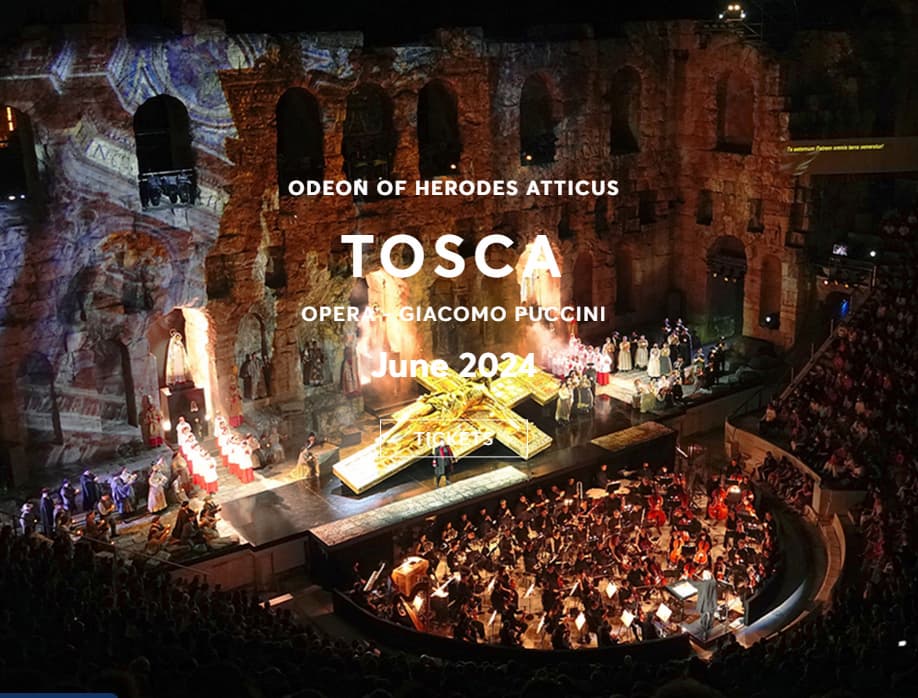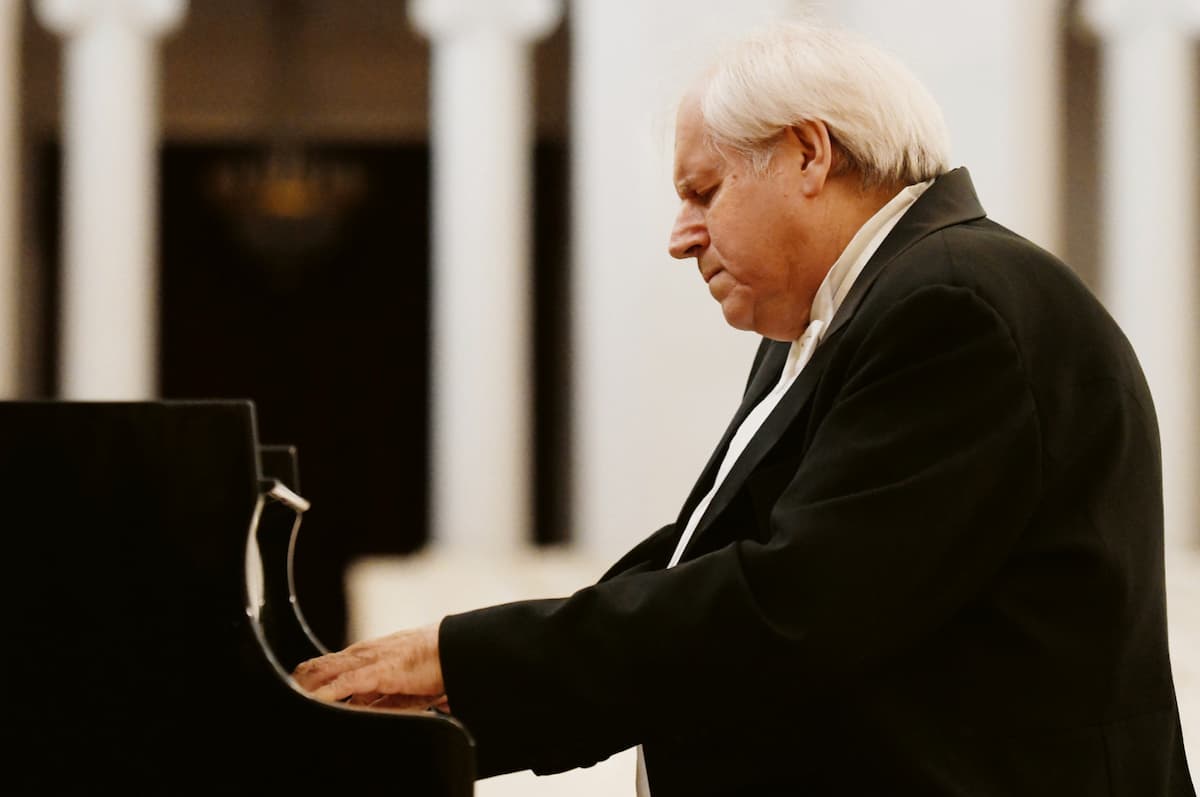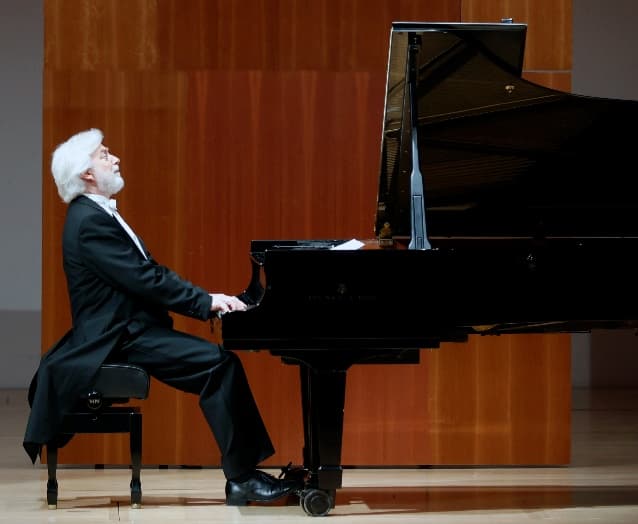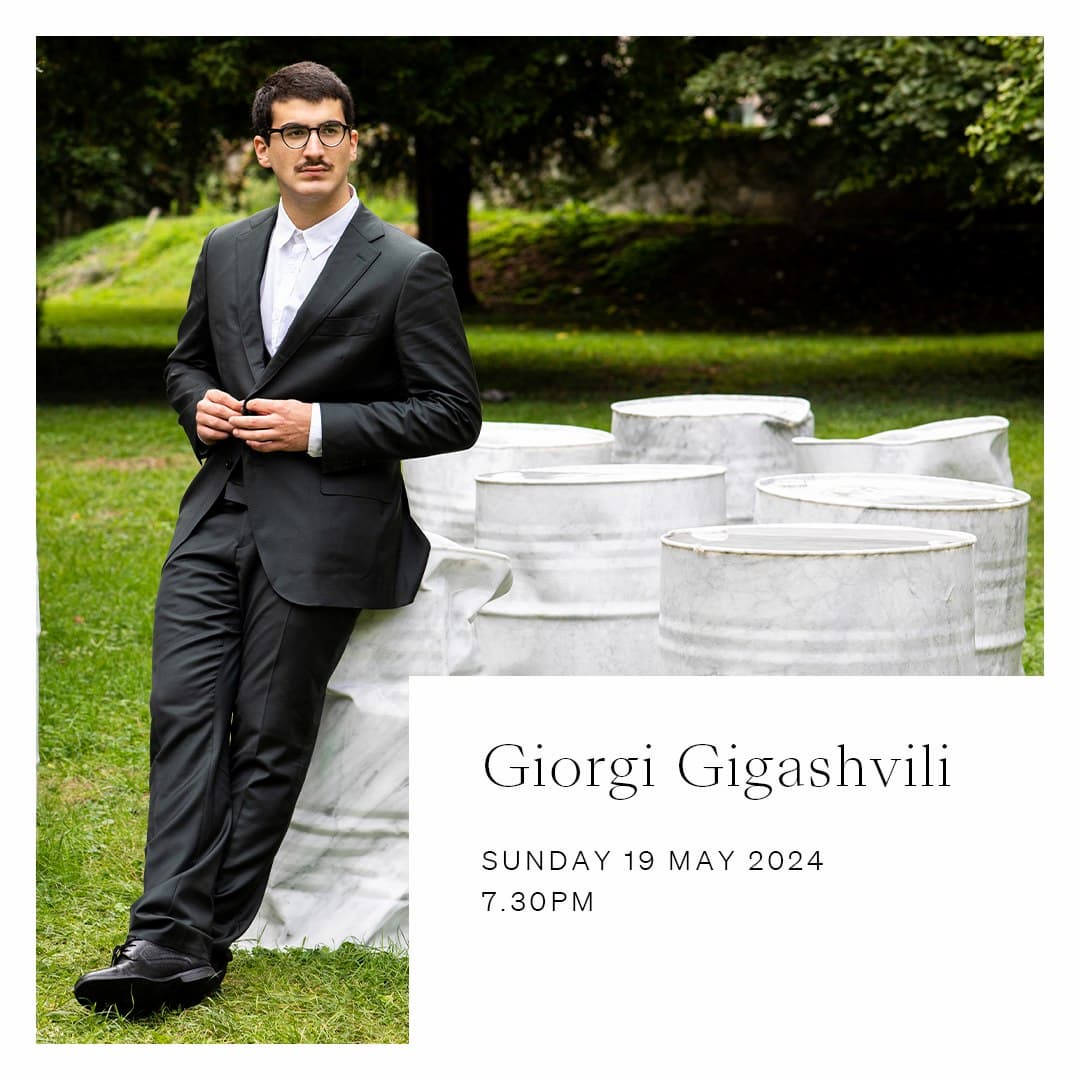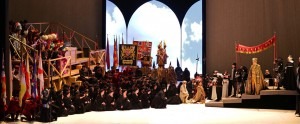
Credit: http://static.teatroallascala.org/
But the music speaks for itself. As in the Salzburg production, the full five acts were performed, turning the evening into a five hour and ten minutes marathon. Multiple breaks helped ease the occasional frustration, but the musical beauty of the first act (which is generally omitted by less ambitious stages) always merits the extra endurance. It also provided the evening the much needed logic and dramatic intensity, showing the star-crossed lovers Elisabeth de Valois (daughter of King Henri II of France) and her betrothed Don Carlo (Prince of Asturias and son of Spanish King Philip II) during their short moment of happiness. When political expediency forces the union of Elisabeth to her lover’s father King Philip II instead, the story takes on the understandable trajectory that lasts for the following four acts.

Francesco Meli
Credit: http://farm3.staticflickr.com/
Francesco Meli was a perfectly Italianate Don Carlo. His voice has matured since his international coming-out as Salzburg’s Manrico (opposite Anna Netrebko in the much heralded 2014 Il Trovatore), more fully developing a luscious midrange. He was beautifully complemented by Simone Piazzola’s Rodrigo, Marquis of Posa. Piazzola is an extraordinarily elegant artist: disciplined, cautious, not showy. One of the most beautiful baritones on the stage these days. The two men’s voices blended together magically in the second act duet “Dio, che nell’almo infondere”.

Simone Piazzola
Credit: http://rostropovichfestival.ru/
The women had a harder time. Krassimira Stoyanova, a leading Bulgarian soprano, didn’t appear fully comfortable in the role. She lacked the lush middle register, but excelled with stunning pianissimi, and displayed most interesting depths. The audience felt disengaged until her last act “Tu che le vanita conoscesti del mondo”, where she seemed to finally turn the tables. Ekaterina Semenchuk, one of the most promising contraltos of the new Russian generation, clearly had an off day and she knew it. The Milanese audience were characteristically unforgiving.
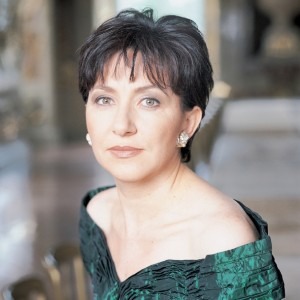
Krassimira Stoyanova
Credit: http://www.forumopera.com/
While far from sold out in the morning of the opening, the theatre managed to fill up with a knowledgeable, patient and deeply interested audience. La Scala remains one of the best functioning organizations in Italy.
Performance attended: January 17, 2017
Theatro alla Scala

